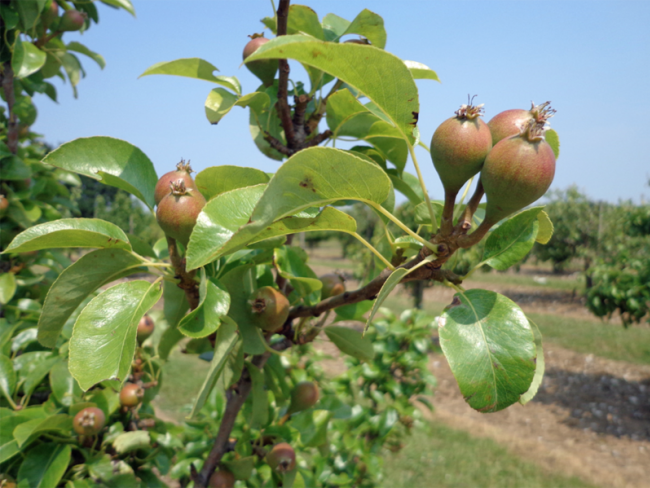Britain does have a National Fruit Collection at Brogdale in Kent – still the largest fruit collection in the world growing on one site.
It comprises over 4,000 fruit varieties: around 2,131 apples, 523 pears, 404 cherries, 332 plums, 48 hazelnuts and cobnuts, some 150 gooseberries and around 300 currants (black, red, white and pink), as well as small collections of vines, quinces, medlars and apricots.
Like the fruit trees it safeguards, Brogdale – in origin a state-funded research station – itself almost disappeared itself when the Thatcher government removed funding in the 1980s, ushering in a long period of uncertainty. Now it is run by a trust in conjunction with the University of Reading.
Internationally important, Brogdale is nevertheless a charity, receiving no government funding and relying substantially on revenues from events and festivals, visits and tours, classes, and courses.
With its great collection, Brogdale is a reservoir of plant genetic material and human expertise and a huge asset for future development of the industry.
• Related article: Bouncing back: the return of British fruit [print version]

